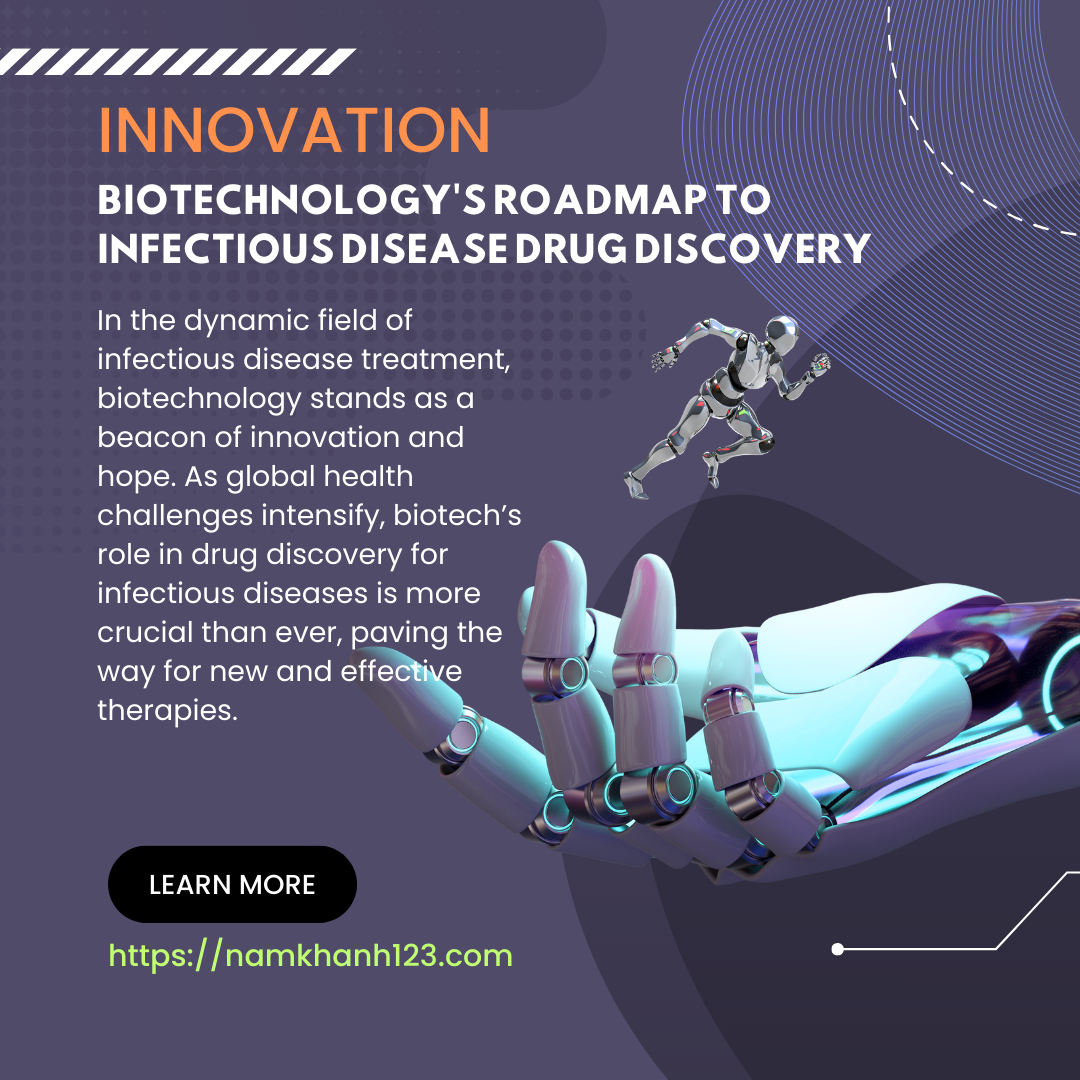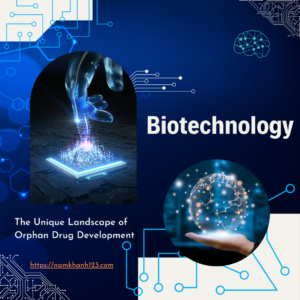In the dynamic field of infectious disease treatment, biotechnology stands as a beacon of innovation and hope. As global health challenges intensify, biotech’s role in drug discovery for infectious diseases is more crucial than ever, paving the way for new and effective therapies.
Unlocking Genetic Secrets of Pathogens
The cornerstone of biotechnology in combating infectious diseases lies in its ability to decode the genetic makeup of pathogens. Advanced genomic sequencing techniques enable scientists to understand the complex biology of viruses, bacteria, and other infectious agents. This understanding is critical for identifying potential drug targets and developing therapies that can effectively combat these pathogens.
Revolutionizing Vaccine Development
Biotechnology has revolutionized vaccine development, a key aspect of infectious disease control. Novel platforms like mRNA vaccines, which were crucial in the COVID-19 pandemic response, exemplify how biotech can rapidly develop vaccines in response to emerging threats. These technologies offer faster development times and can be quickly adapted to new pathogens, making them invaluable in the fight against infectious diseases.
Targeted Therapies and Antibody Treatments
Beyond vaccines, biotechnology is advancing the development of targeted therapies and monoclonal antibodies. These treatments are designed to target specific parts of a pathogen, inhibiting its ability to infect and replicate. Monoclonal antibodies, for instance, have been instrumental in treating and preventing various infectious diseases, offering an additional layer of defense beyond vaccines.
Utilizing AI and Big Data in Drug Discovery
Artificial Intelligence (AI) and big data are playing increasingly significant roles in infectious disease drug discovery. AI algorithms can analyze vast amounts of biological data to identify potential drug candidates and predict their efficacy against specific pathogens. This approach accelerates the drug discovery process and enhances the ability to respond to emerging infectious diseases.
Overcoming Antimicrobial Resistance
A critical challenge in infectious disease treatment is antimicrobial resistance (AMR). Biotechnology is at the forefront of developing new drugs and therapies to combat AMR. By exploring novel drug compounds and mechanisms of action, biotech is seeking to stay ahead of rapidly evolving pathogens and ensure effective treatments remain available.
Global Collaboration for Broader Impact
The fight against infectious diseases requires a global effort. Biotechnology companies are increasingly collaborating with international health organizations, governments, and academic institutions to pool resources and expertise. These collaborations are essential for conducting large-scale research and ensuring equitable access to treatments worldwide.
Embracing New Technologies for Rapid Response
The rapid response to infectious diseases is paramount, and biotechnology is embracing new technologies to achieve this. Innovations in rapid diagnostic tools, which allow for quicker detection of pathogens, are crucial in controlling outbreaks. These tools, combined with biotech’s drug discovery efforts, enable a more agile and effective response to infectious disease threats.
Biotech’s Role in Personalized Medicine for Infections
Personalized medicine is another frontier where biotechnology is making strides in infectious disease treatment. By tailoring therapies based on individual genetic and molecular profiles, biotech is enhancing the effectiveness and reducing the side effects of treatments. This approach is particularly significant in managing chronic viral infections, such as HIV, where individualized treatment plans can significantly improve patient outcomes.
Sustainable and Equitable Drug Development
Sustainability and equity are becoming increasingly important in biotech’s roadmap. Developing drugs and vaccines in a way that ensures sustainable production and equitable global access is a growing focus. Biotech companies are exploring new models for drug development and distribution that prioritize these values, ensuring that advancements in infectious disease treatments benefit people worldwide.
Challenges and Future Directions
Despite significant progress, challenges such as emerging new pathogens and the complex nature of certain infections remain. Future directions in biotech include exploring broader-spectrum antivirals and antibiotics, and developing therapies that boost the body’s innate immunity. Continuous research and innovation are essential to address these challenges and stay ahead in the fight against infectious diseases.
The Importance of Public-Private Partnerships
Public-private partnerships play a critical role in advancing biotech’s efforts in infectious disease drug discovery. These partnerships facilitate the pooling of resources, sharing of knowledge, and risk distribution, making it feasible to undertake large-scale and high-risk projects essential for tackling global health challenges.
Conclusion
Biotechnology’s roadmap to infectious disease drug discovery is a journey of constant innovation and adaptation. By harnessing cutting-edge technologies and fostering global collaboration, biotech is not only addressing current infectious disease challenges but also preparing for future threats. As this field continues to evolve, its contributions will remain vital in safeguarding global health and advancing medical science.



